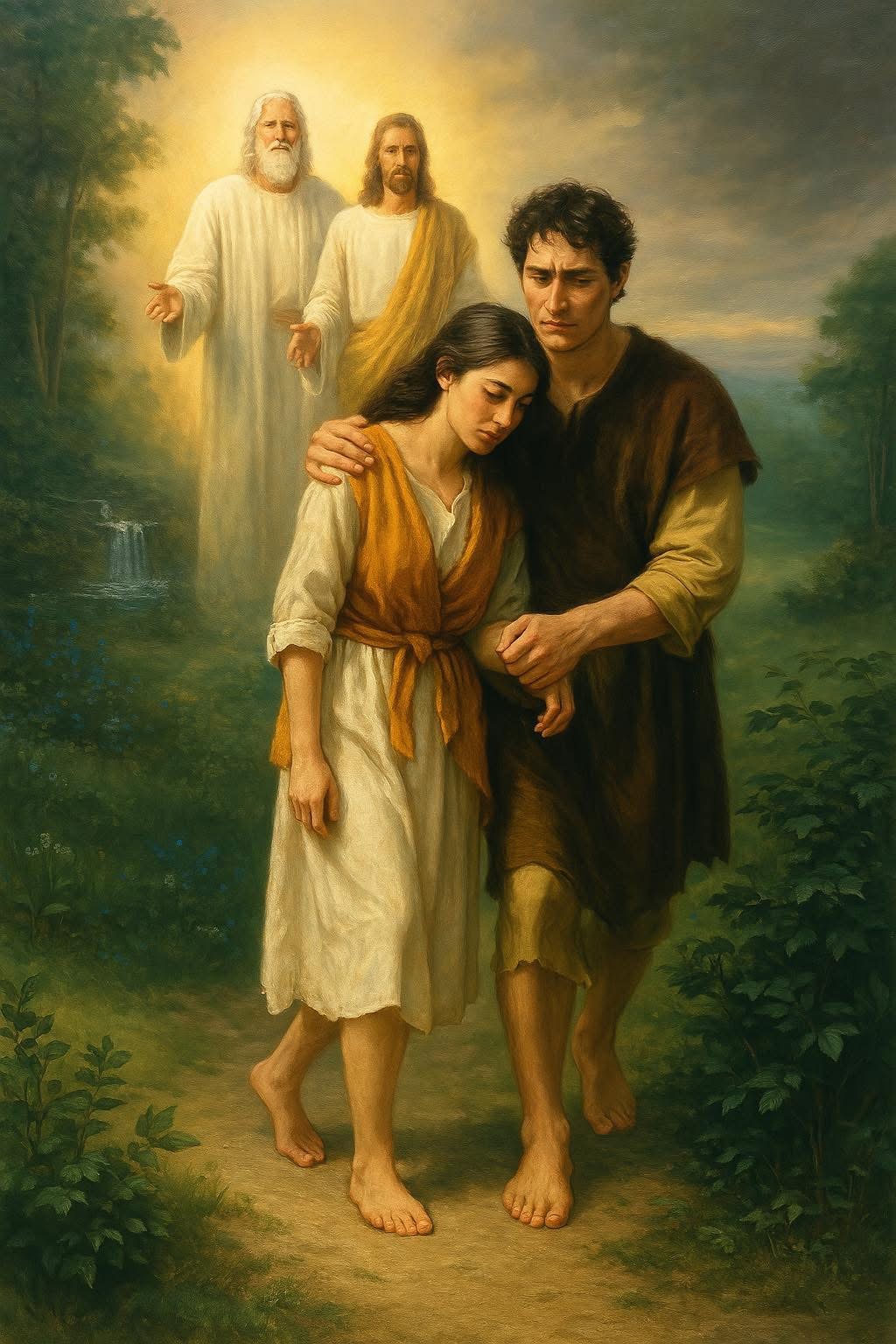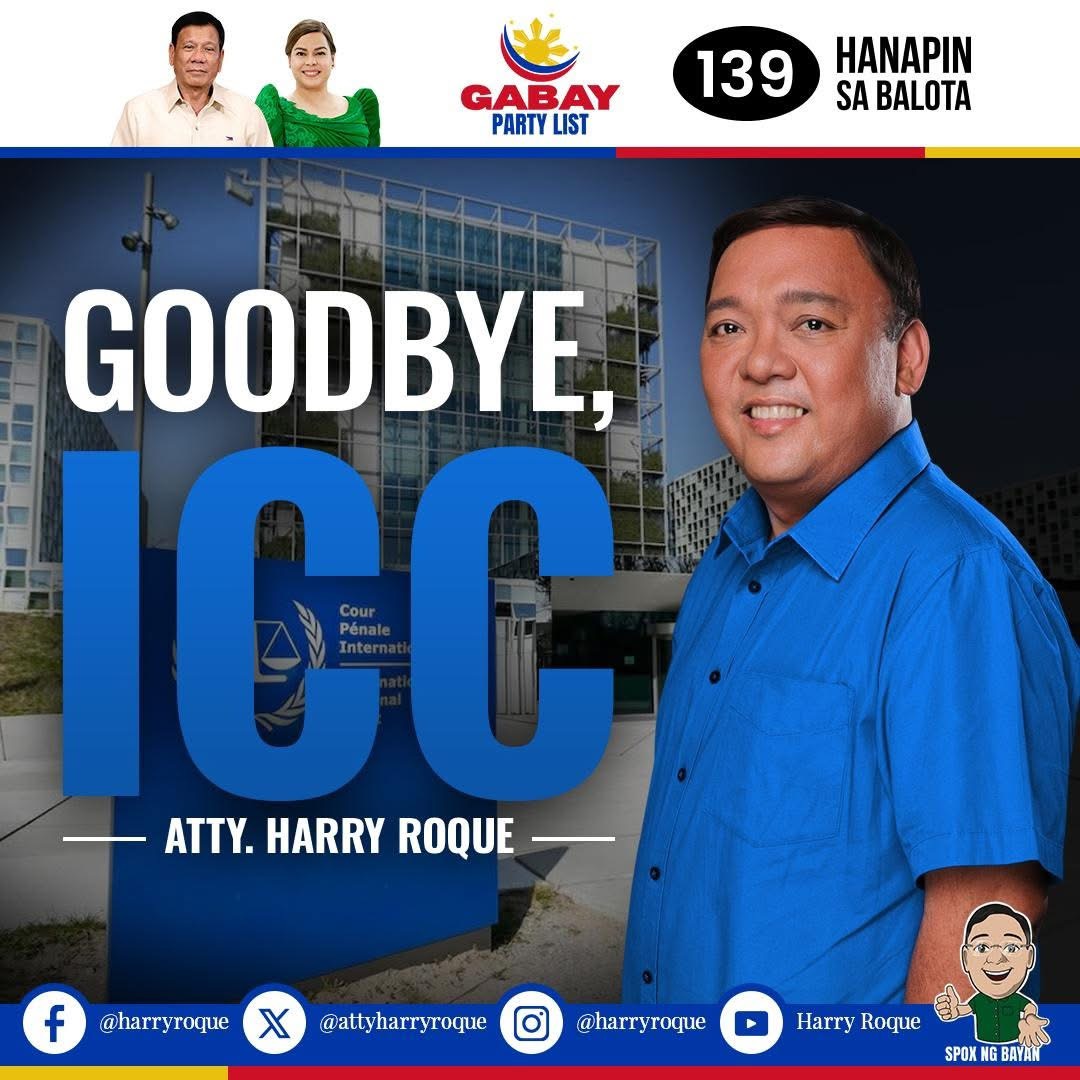Where the Spirit of the Lord Is, There Is Mercy
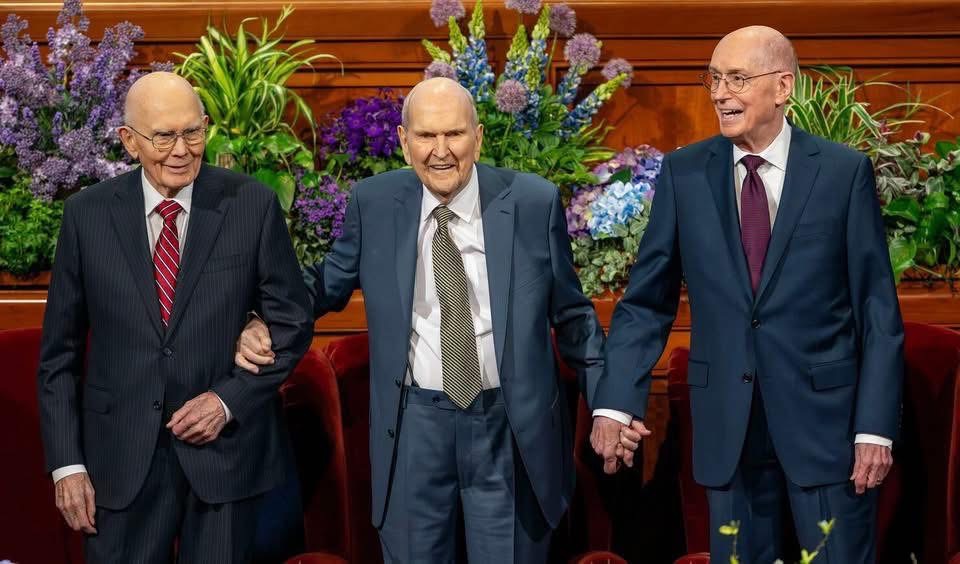
On the second day of the 195th General Conference of The Church of Jesus Christ of Latter-day Saints, the heavens seemed to draw nearer to the earth. From the soft pleadings of mercy to the bold affirmations of divine identity, each message formed a radiant mosaic of discipleship, covenantal living, and enduring hope. As I reflect on these sacred teachings, I do so with a heart full of joy, gratitude, and peace—and with a special acknowledgment of Elder James R. Rasband, whose powerful witness of mercy I realized I had not included in yesterday’s reflection, and who must now be given his due.
The Grand Theme: A Covenant of Mercy
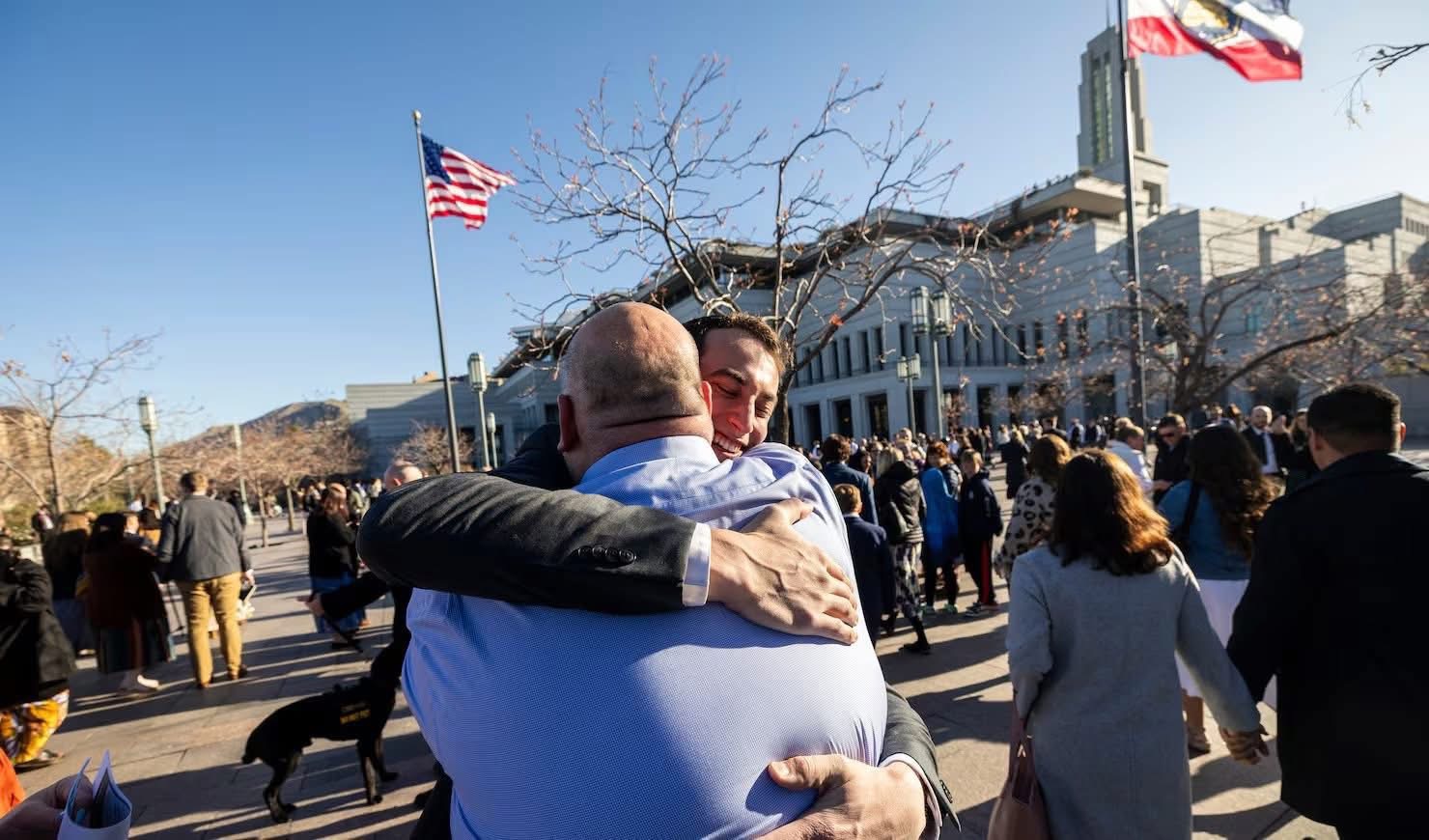
The golden thread that wove through each talk was this: God’s plan is not merely a path back home—it is a covenant of mercy. It is mercy that calls us to Christ, mercy that sustains us through repentance, and mercy that transforms our inadequacies into holy offerings. As Elder Rasband testified, “It may be said that the plan of salvation is a plan of happiness precisely because it is a plan of mercy.” In the holy temple, we come to understand that every part of God’s plan flows from His merciful heart. Mercy is not a footnote in the gospel; it is the music that underscores the whole.
To Serve Is to Say Yes to Christ
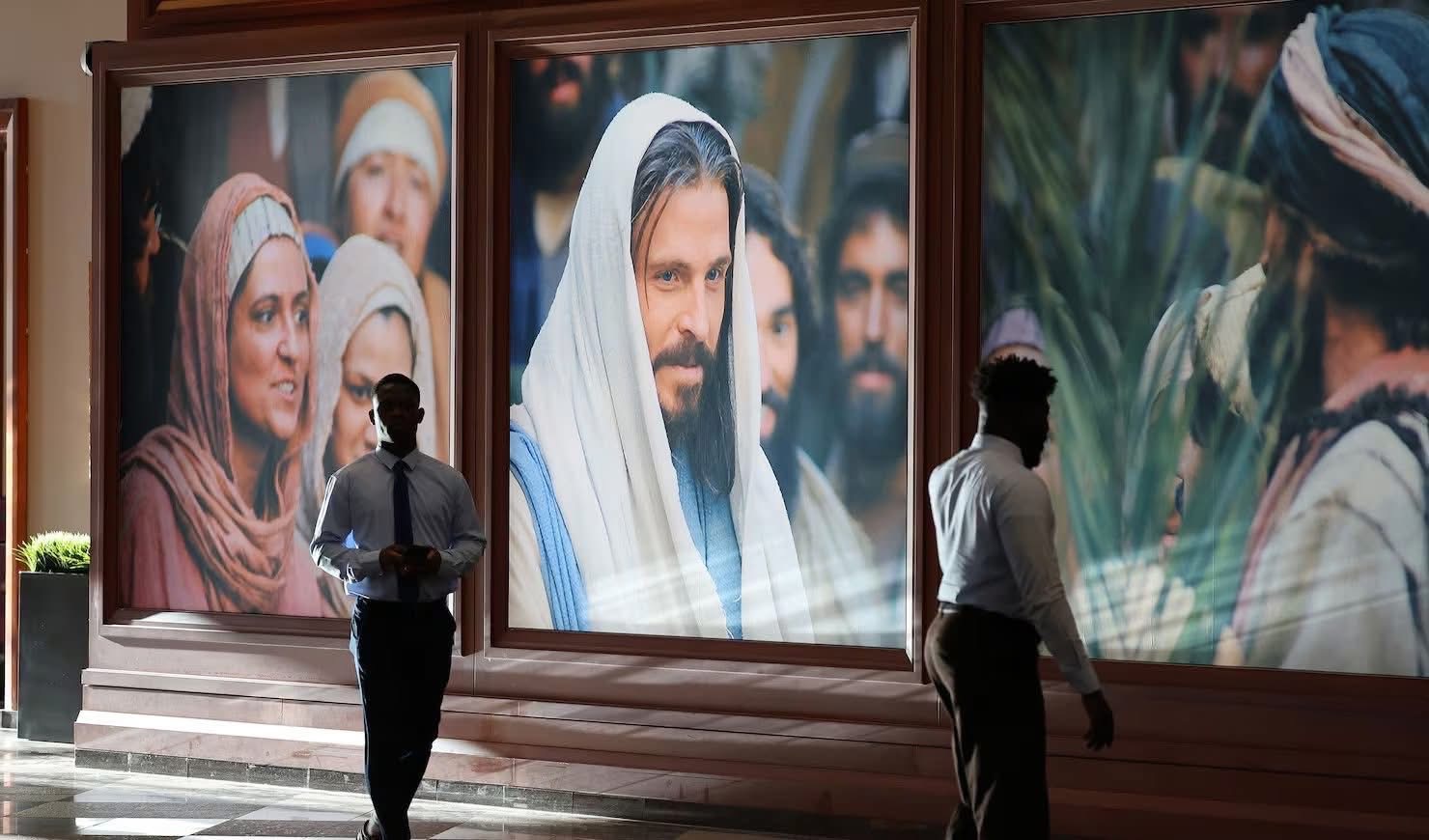
Elder Shumway reminded us that to participate in the Lord’s work is not to check off spiritual duties, but to be sanctified in the very act of saying “yes” to Christ. “When we say yes to serving,” he taught, “we are saying yes to Jesus Christ. And when we say yes to Christ, we are saying yes to the most abundant life possible.” The callings we receive are not mere assignments—they are sacred invitations from a loving Father to bring others with us to Jesus Christ. This truth offers practical direction: when we feel inadequate, uncertain, or overwhelmed, let us remember that Christ magnifies the small offering. Consecrate your best, however meager it may feel, and watch God do more than you imagined.
Repentance as a Song of Love
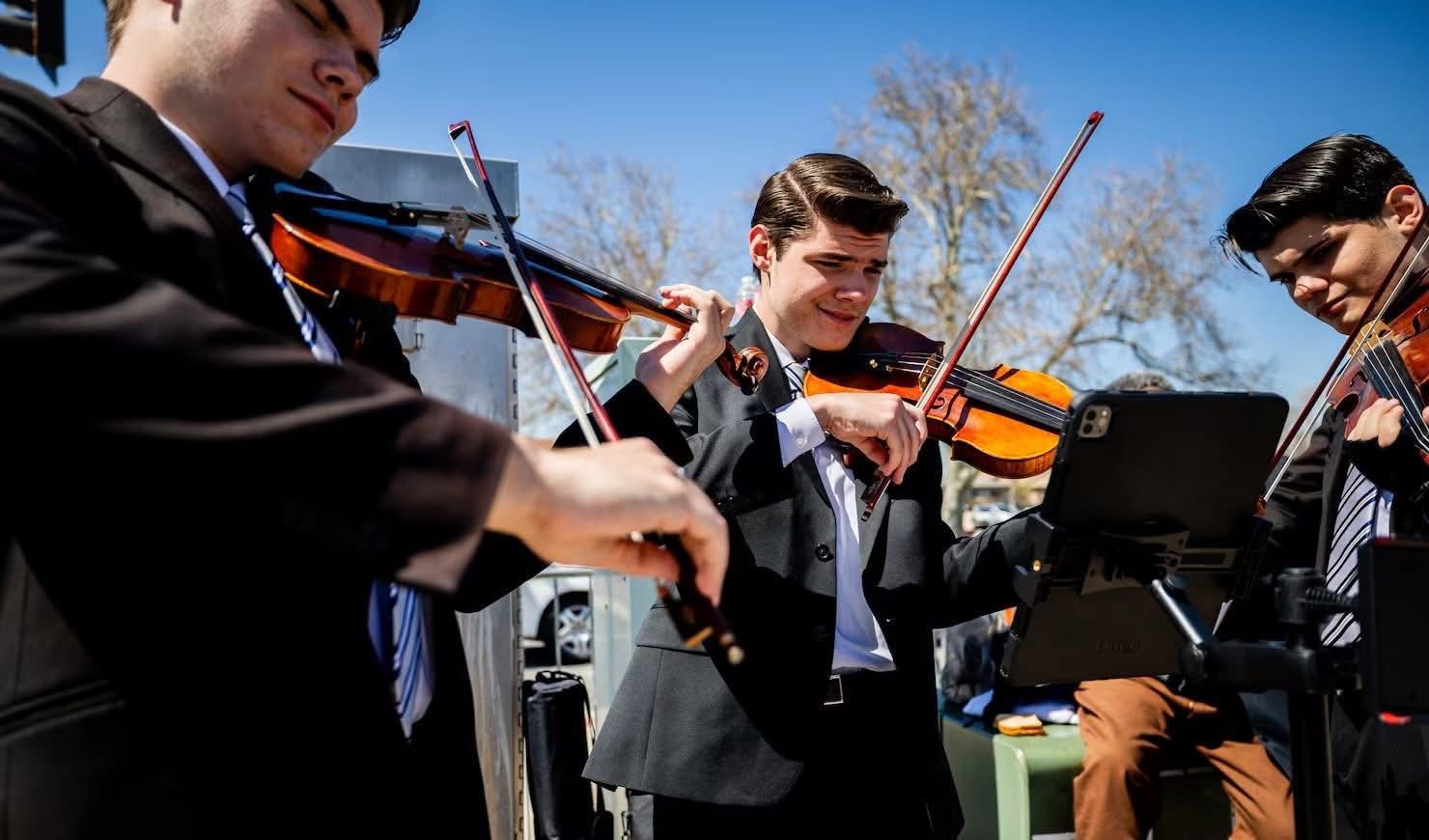
Sister Tamara Runia, in one of the most healing discourses of the session, addressed the quiet ache of the soul that wonders, “Does God still love me when I fail again?” Her answer was clear: Yes, endlessly yes. “Repentance does not weigh Jesus Christ down,” she said. “It brightens His joy.” Her words offered a stunning reframing: when the Savior calls us to repent, He is saying, “I love you. Come home.” This message matters deeply today, as many struggle not with disbelief, but with despair. The practical takeaway is bold in its simplicity: Do not wait to feel worthy before turning to Christ—turn to Him so that worthiness can be restored by His grace.
The Gentle Power of Belonging
Bishop Gérald Caussé offered reassurance to all who feel held back by circumstances beyond their control. “The Lord loves you personally,” he declared, “and the door to His blessings is always open.” For the modern disciple facing disappointments, limitations, or social marginalization, Bishop Caussé’s testimony stands as an anchor: the Savior’s atonement is not only enough—it is generous, restorative, and personal. This is a gospel for every soul, in every condition.
The Glory of the Restoration
Elder David A. Bednar brought our gaze upward and backward, to the miraculous beginnings of the Restoration. Through Joseph Smith, God reestablished His Church, restored priesthood authority, and gave us the Book of Mormon—a testament filled with “plain and precious truths” that restore hope to a weary world. His final invitation was not simply to learn about the Restoration but to act upon it: “Pray, ponder, and obey—as Joseph did—and you will receive a witness from the Holy Ghost.” The Restoration continues today, in our hearts, our homes, and our temples.
Holy Ground Beneath Our Feet
Elder Ulisses Soares called us to reverence, to that quiet interior stillness that allows God to dwell more fully with us. Just as Moses removed his sandals at the burning bush, we too must remove whatever hardens our hearts to divine things. “Reverence is not merely a facet of spirituality—it is its very foundation.” In a noisy, distracted world, the lesson is piercing: we cannot hear God unless we hush the world and kneel in soul.
Other Voices of Peace and Power
President Dallin H. Oaks re-centered our hearts on Christ’s Atonement, teaching that God’s plan is sustained by divine gifts: commandments, covenants, priesthood power, and above all, the Savior’s infinite sacrifice. Elder Gong, with poetic tenderness, reminded us that Christ answers the soul’s deepest longings. “He wipes away every tear—except those of joy.” Elder Whiting warned of the temptation to hide from God after sin. Instead, he pleaded: return. God sees. God loves. God heals.
Elder McCune, Elder Kim, Elder Tai, Elder Kieron, and others bore a unified witness: God’s love is not abstract; it is intimate and ever-available. We are His children. That is not just a song we sing—it is the truth that redefines our identity and our eternity.
Practical Insights: Living What We Heard
1. Practice Mercy — Start with yourself. Echo Elder Rasband’s insight: pleading for mercy opens the door to personal revelation.
2. Say Yes to Small Callings — As Elder Shumway urged, say yes. That “yes” is always a “yes” to Christ.
3. Come Back Quickly — Don’t delay repentance. As Sister Runia taught, Christ’s joy is brightened by your return.
4. Make Your Home a Temple — Elder Soares gave simple ways: reverent prayers, spiritual music, meaningful sacrament participation.
5. Receive the Gift of Identity — Accept, as Elder Kieron implored, that you are a beloved child of God—no conditions, no exceptions.
In Conclusion: Let the Spirit Lift You
This General Conference was not merely a meeting of talks; it was a meeting of souls—ours with heaven. Mercy is not only God’s response to our weakness; it is the signature of His very being. As President Russell M. Nelson gently declared, “Draw near to God with increasing confidence, and your joy will multiply.”
Heaven is not far. The Savior’s arms are not withdrawn. And the restored gospel is not a relic of the past—it is our present invitation to light, to healing, and to life.
Let us walk forward, rejoicing. Let us stand in holy places with holy hearts.
And let us never forget: when the Lord speaks, let our souls be barefoot.
